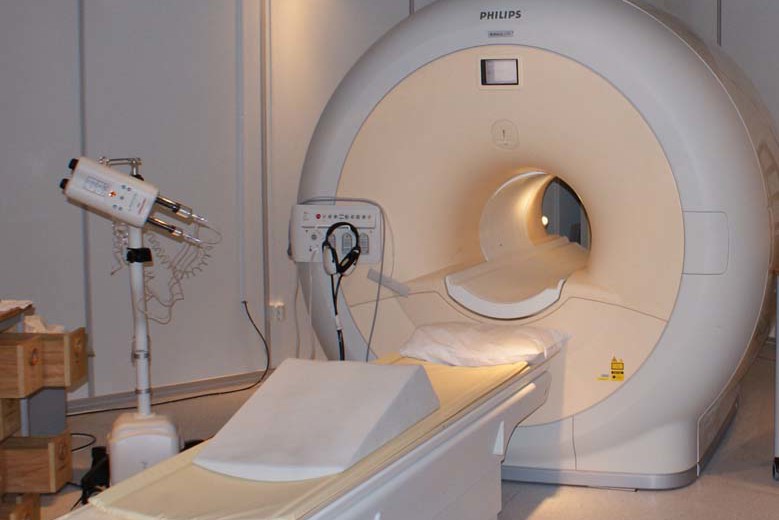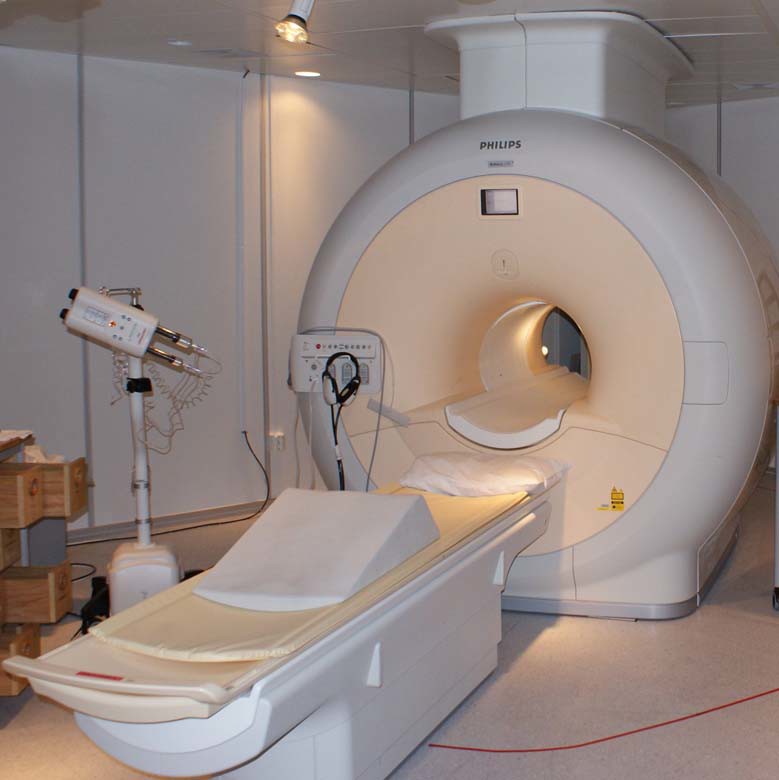MRI – Satellite Location
Magnetic resonance imaging (MRI) uses radio waves, strong magnetic fields and computers instead of radiation to produce detailed images of the inside of almost any part of the body.
The MRI scanner contains powerful magnets. You lie inside the cylindrical scanner during the procedure.
Types of MRI scan include:
- Spinal cord and brain
- Bones and joints
- Breasts
- Blood vessels and the heart
The results of an MRI scan can be used to help with diagnosis, treatment planning and assessing the effectiveness of previous treatment.
What to expect during an MRI scan
In the event that your physician requests you have an MRI, First Western Hospital will arrange to take you to the nearest facility (on the mainland) and back, taking the headache of arranging transport and travelling alone away.
An MRI scan usually takes between 30 to 50 minutes, but some scans can take a little longer. You’ll be advised how long your scan will take beforehand.
Your radiographer will ask you to lie on your back on a table, which slides into the tube-shaped machine. It is important that you stay still for the images to be captured properly so straps or foam padding may be used to help you and to adjust your body position. Your radiographer will make sure that you feel comfortable throughout.
The scanner is open at both ends so you will never be completely enclosed and you will be able to press a buzzer to speak to your radiographer at any time should you need to. However, the radiographer can see and hear you at all times.
The MRI scanner makes some whirring sounds while an image is being taken so may be given earplugs, headphones or ear-defenders to wear. On occasion, a contrast medium (a special dye) might be administered via injection into your veins in order to give a more detailed picture; you will be advised about this beforehand if this is necessary.
Once the images have been taken, you will usually hear about your results within the same day.


